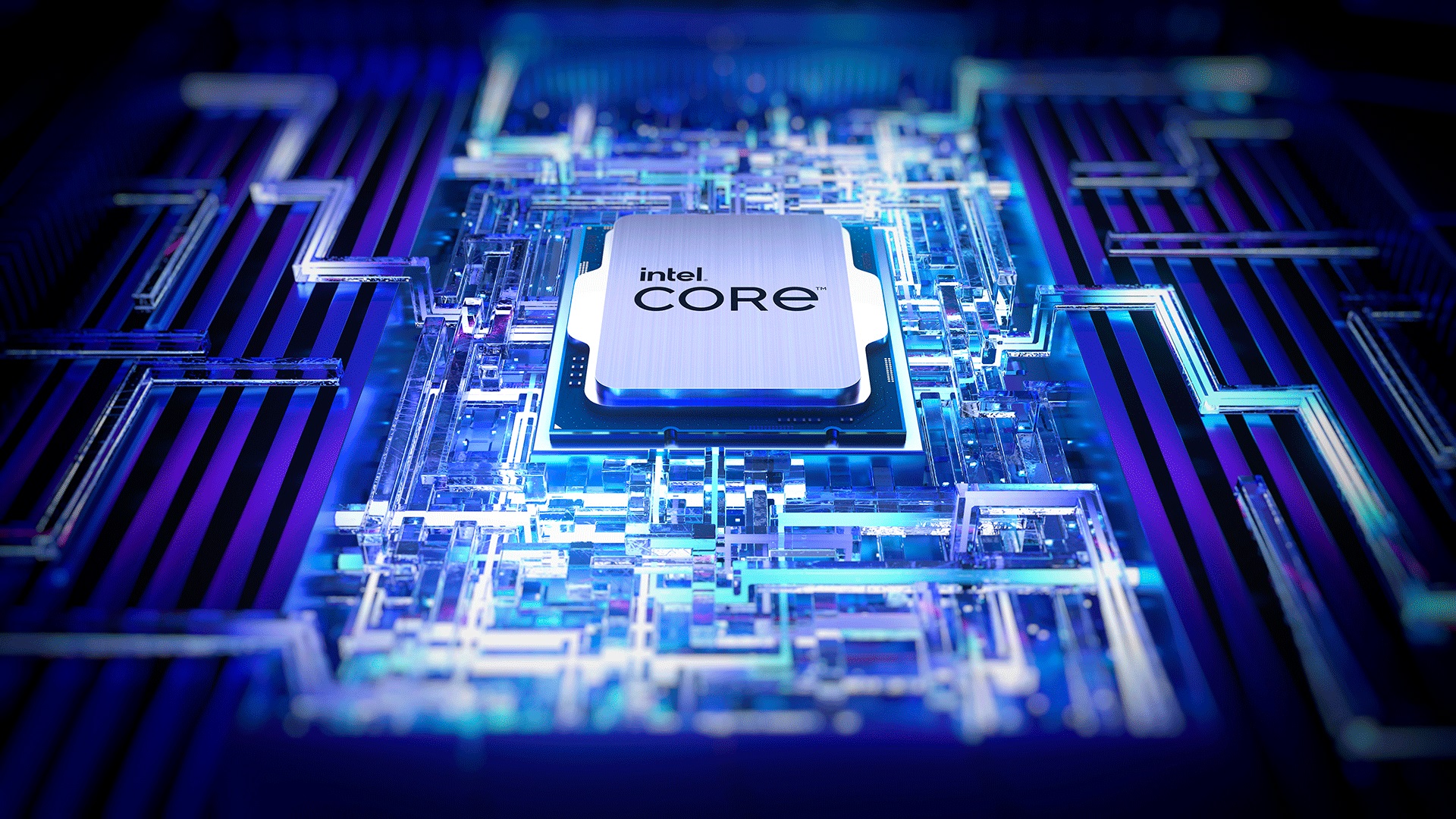According to testing fromPhoronix, Intel CPUs using Atom cores, which are among thebest CPUs for gaming, will see a slight decrease in performance when enabling mitigation against the recently disclosed RFDS security vulnerability. These CPUs include regular Atom processors and hybrid architecture chips, which would mean any Intel CPU with E-cores, from 12th GenAlder Laketo Series 1Meteor Lake.
Register File Data Sampling, or RFDS is one of the latest security vulnerabilities to be disclosed by Intel. Essentially, RFDS can allow attackers to indirectly access CPU registers and the data they contain, which can potentially be very sensitive. Although vulnerabilities are never good, RFDS’s impact on Intel CPUs is much more limited than vulnerabilities like Meltdown and Downfall, as onlyAtomCPU cores are affected. This includesE-coresin hybrid architecture CPUs too.

Security issues require mitigations, and Intel has already started patching RFDS. Intel’s mitigation for RFDS includes an operating system-level patch and microcode. Phoronix tested the performance implications of Intel’s RFDS mitigation on aCore i9-14900Kin various workloads on Linux across 46 individual benchmarks.
Phoronix didn’t provide figures for average performance with the mitigation enabled and with it disabled, but by our reckoning, performance drops by around 5% overall. The worst performance declines at around 10% in a few tests. However, there were several workloads where performance was more or less the same whether RFDS was mitigated.

These performance losses are pretty tame compared to mitigations for other security vulnerabilities. For instance, the mitigation patches for Downfallcan cause a performance loss of 39% in the worst case. The minor impact on RFDS’s mitigation is probably helped by the fact that E-cores aren’t all that fast in the first place and are only relied on for background tasks and workloads that are heavily multi-threaded. In lightly multi-threaded and single-threaded workloads, the mitigation for RFDS shouldn’t cause any substantial performance loss.
An OS patch and a new microcode are necessary to mitigate RFDS. At least through motherboard vendor websites, we haven’t seen any BIOS updates mentioning security mitigations for RFDS. However, Linux users got the new microcode through an update to Linux. Windows users will hopefully be able to get the patched microcode through aWindows update.
Get Tom’s Hardware’s best news and in-depth reviews, straight to your inbox.
Matthew Connatser is a freelancing writer for Tom’s Hardware US. He writes articles about CPUs, GPUs, SSDs, and computers in general.